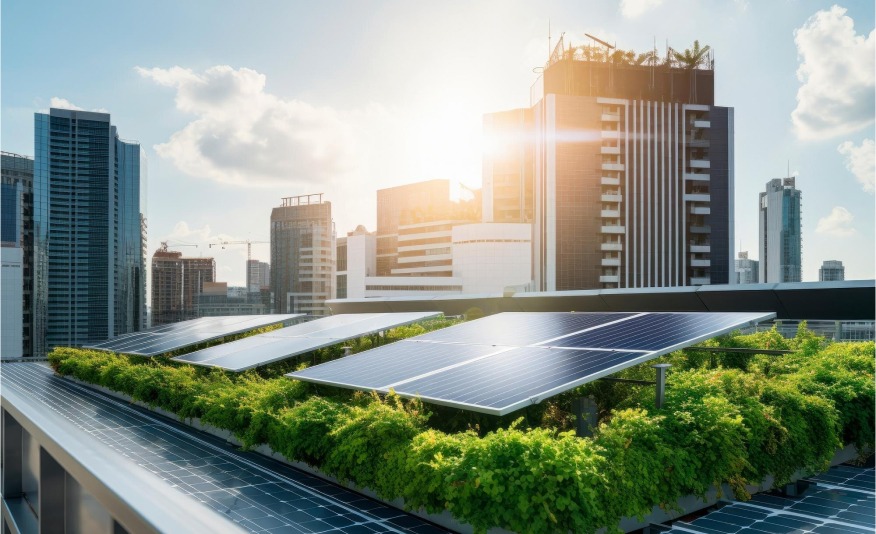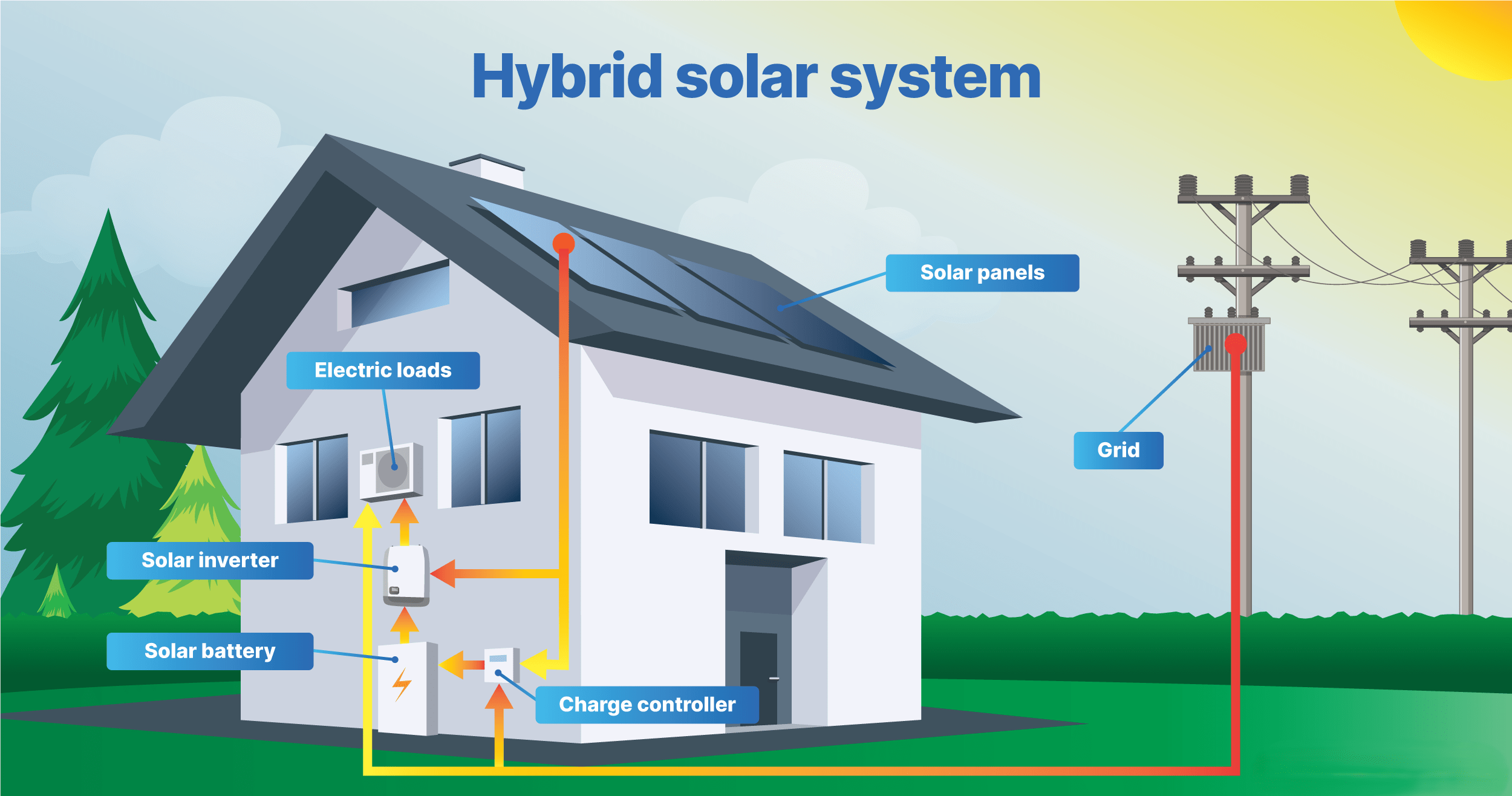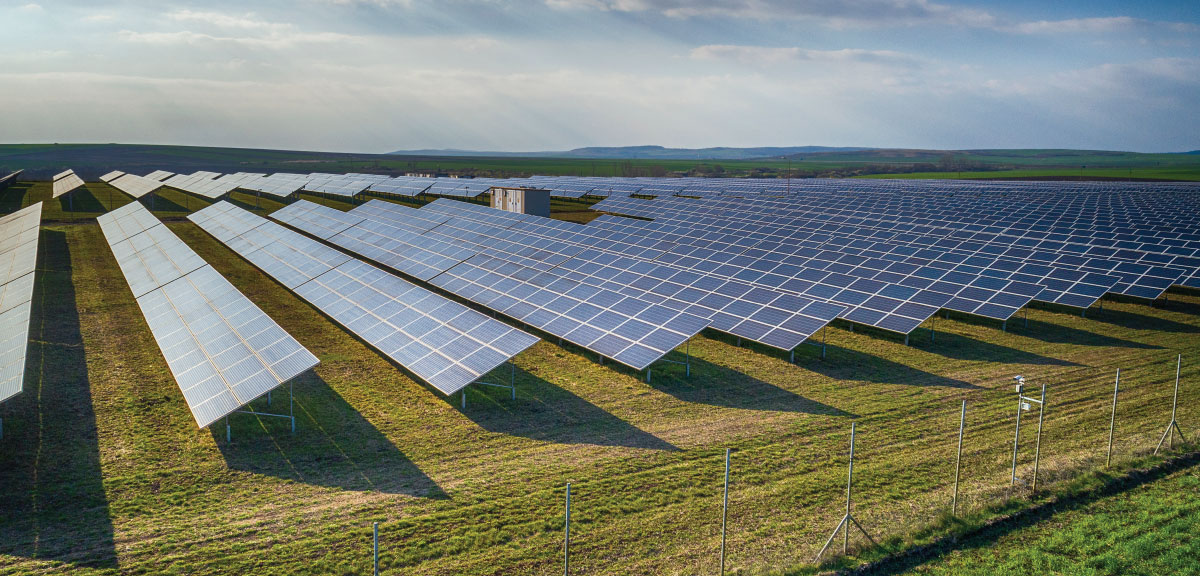Across Indian cities, Resident Welfare Associations (RWAs) are increasingly adopting solar energy as a sustainable and cost-effective solution to meet their electricity needs. This trend reflects a growing awareness of renewable power and the desire for communities to reduce dependence on conventional sources of energy.
RWAs typically manage common facilities like lifts, water pumps, security systems, and lighting in housing societies. By installing rooftop solar panels, they can significantly cut down on monthly electricity bills while ensuring uninterrupted power for essential services. The savings generated are often redirected towards maintenance, community projects, or lowering residents’ monthly contributions.
Government incentives and subsidies are playing a major role in this shift. Policies that promote net metering allow housing societies to sell surplus power back to the grid, creating an additional revenue stream. At the same time, falling solar installation costs and easy financing options have made solar adoption more feasible for RWAs of all sizes.
Beyond financial benefits, RWAs going solar also contribute to environmental sustainability. By reducing carbon emissions, housing communities are playing their part in combating climate change and promoting cleaner air in urban spaces. This collective action not only enhances the reputation of the society but also inspires individual households to adopt solar for their own energy needs.
With India aiming to achieve 500 GW of renewable energy by 2030, the role of RWAs in driving urban solar adoption is crucial. By leveraging rooftops and shared spaces, resident associations can pioneer community-driven energy solutions, setting a benchmark for sustainable living in modern cities.




